- Hike to Mount Roraima – Days 1 to 3
- Hike to Mount Roraima – Days 4 to 6
- Angel Falls – The Place I Wanted to Visit The Most in South America
- Crossing The Venezuela-Colombia Border From Maracaibo to Maicao
- In Review: 18 Days of Backpacking in Venezuela
Why I Went There?
Mount Roraima and Angel Falls were two of the places I wanted to visit the most in South America.
Where Did I Go?
Santa Elena de Uairen, Mount Roraima, Ciudad Bolivar, Angel Falls, and Maracaibo. I arrived from Brazil by land, and left for Colombia by land as well.
My Other Blog Posts on Venezuela
Crossing The Brazil-Venezuela Border
Hike to Mount Roraima – Days 1 to 3
Hike to Mount Roraima – Days 4 to 6
Angel Falls – The Place I Wanted to Visit The Most in South America
Crossing The Venezuela-Colombia Border From Maracaibo to Maicao
Expenses
Total Days: 18
Total Expenses: US$807
Average: $45/day
Transportation, hotel rooms and food are cheap. What made my expenses increase are the two tours I made to Angel Falls and Roraima, although they are still cheap compared to other South American countries. I also did a fly over tour at Angel Falls. There were also times where I didn’t get a good exchange rate on my Brazilian Reals. Many of the tour companies will quote you prices in US dollars. Insist with them to give you the price in the local currency, as you could save more than 50% in some cases.
Hotel rooms are between US$5-12 a night. Basic meals in the more touristy towns cost around US$3-4. A 10-minute taxi ride is between US$1-2.
How Is It to Backpack in Venezuela?
I was nervous before going there because of all the stories of how unsafe it is. I didn’t find safety to be a concern, especially in the smaller towns that are the starting points for Roraima and Angel Falls. One exception was Maracaibo where everybody told me to always use radio taxis to go anywhere. I also didn’t go to other big cities like Caracas, so I don’t know how is the situation there.
Buying bus tickets is troublesome because they only go on sale at 4am on the same day of travel. You’d have to go and stand in line at the bus station to see if you can get a seat. It’s much better to pay a little more and rely on your hotel or a travel agency to get them for you. Hotels that cater more to international tourists will be more able to help you on this. Hotels serving local people not so much. Flight tickets are the same, since paying with a credit card online would make it prohibitively expensive (more on this below), it’s best to get it in person from an agency. The long distance buses are relatively comfortable, but suffer from the same problem of freezing cold air conditioning that you find in Brazil and Colombia. Transportation is very cheap, a 22-hour bus ride from Ciudad Bolivar to Maracaibo cost around US$8. Domestic flights can cost as low as $10-20, if bought in advance.
There are almost no hostels in Venezuela, but basic private rooms are cheap.
I encountered few foreign backpackers. The 15-person tour group to Roraima had one Japanese solo traveler, the rest were all Venezuelan. I saw a few more foreigners in Angel Falls.
There are a lot of military checkpoints on the highways, especially close to the borders with Brazil and Colombia. They would come up and check for everybody’s IDs. In my case, they were satisfied with just seeing my passport. They didn’t search my bags, but I have heard stories of tourists having to pay bribes.
You see shortages of goods in most stores. There’s limited selection of packaged food (cookies, chocolate, cereal bars) everywhere.
Black Market Exchange Rates
All the above prices in USD assume that you are changing dollar not at the official rate of US$1 = 6 VEF, but at the black market rate of US$1 = 90 to 100 VEF (the rate when I was there). This means that it is essential to go into Venezuela with foreign currency. At official exchange rates, it is an incredibly expensive country. Because of this, you want to pay everything in cash, and not use your credit cards or ATMs at all.
In some towns it is very easy to change money. In Santa Elena de Uairen for example, there are many money changers on the streets close to the main plaza. Sometimes hotels with change it for you at a worse rate. I found it hard to find places to change dollars in Maracaibo. The two hotels I asked wouldn’t change and had no idea where I could go to do it.
Since I was coming from Brazil, I had mostly Brazilian Reals with me. It was easy to exchange at the border town of Santa Elena (R$1 = 36 VEF), but it was hard (and the rates much lower) in the rest of the country. US Dollars are better.
Favorites And Not So Favorites
Favorite Places: Mount Roraima and Angel Falls.
Favorite Food: Arepa.
Other Things I Liked: Very friendly local people, especially the ones I met during tours.
Most Annoying Thing: Military checkpoints. Terrible customer service at some hotels.
My Recommendations
Backpacker Tours for the 6-day hike to Mount Roraima.
Posada Don Carlos in Ciudad Bolivar.
Fun Facts
Gasoline is incredibly cheap. 1L is just a little under 0,01 VEF or US$0.0001 (if using black market rate of US$1 = 100 VEF).
The largest bill is 100 VEF (or about US$1), which means that you have to carry a large volume of bills with you most of the time.
Conclusion
I’m really glad I decided to visit Venezuela despite the warnings. Mount Roraima and Angel Falls are among the most beautiful places I have seen in my life. While the logistics of traveling around the country are more complicated than other countries I’ve visited in South America, I think it is still very worth a visit. I didn’t feel unsafe at most places (I’ve only been to small towns), and the military police did not search my bags once, but maybe I was just lucky.
My Favorite Pictures
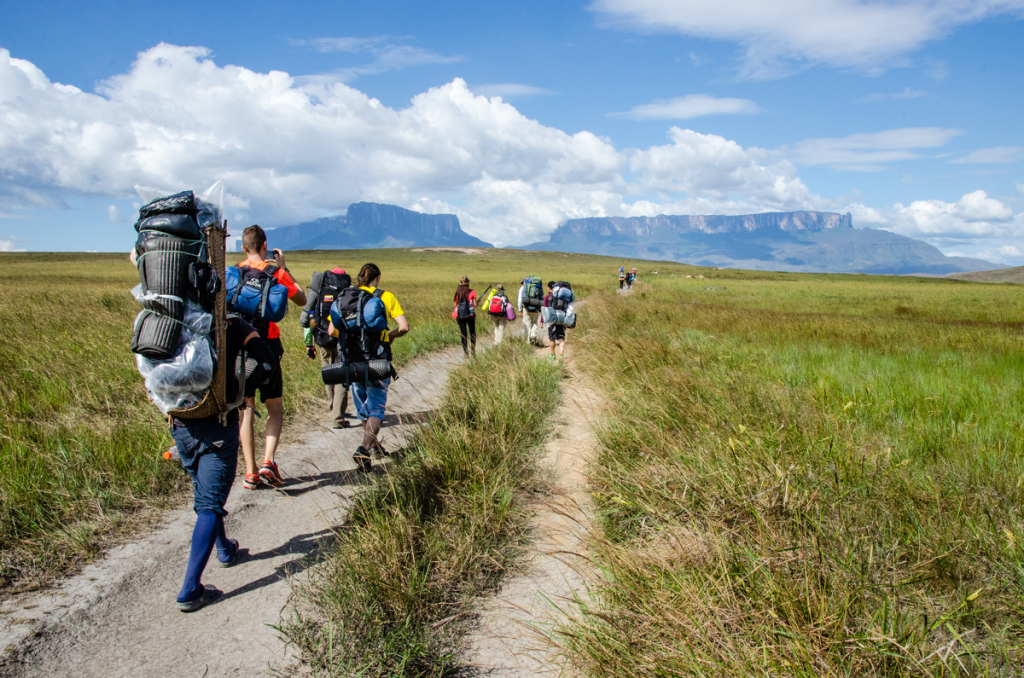
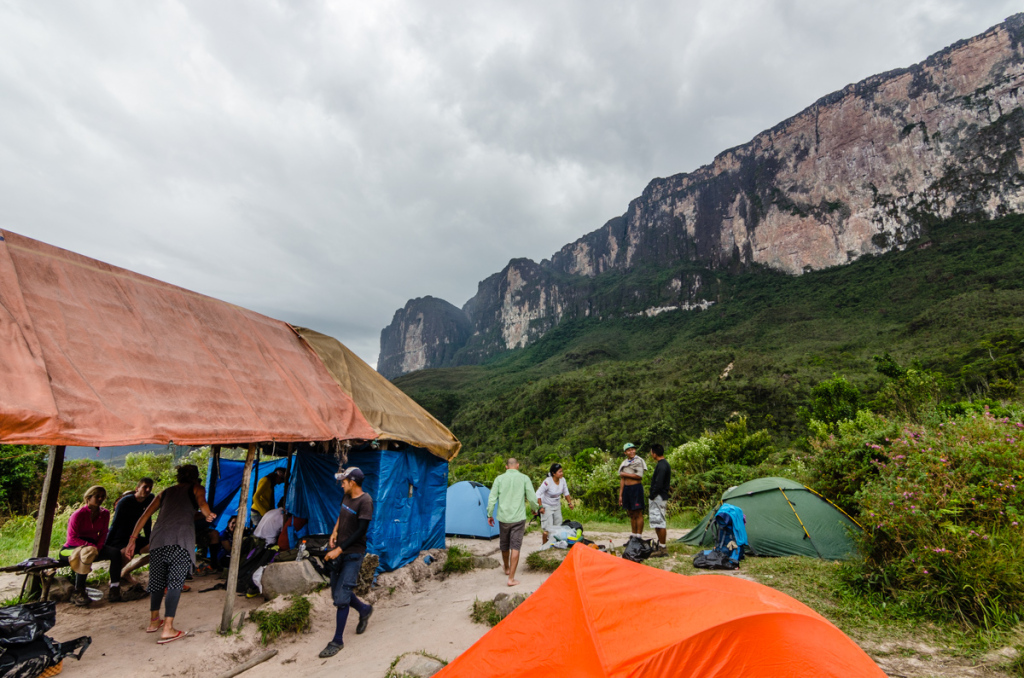
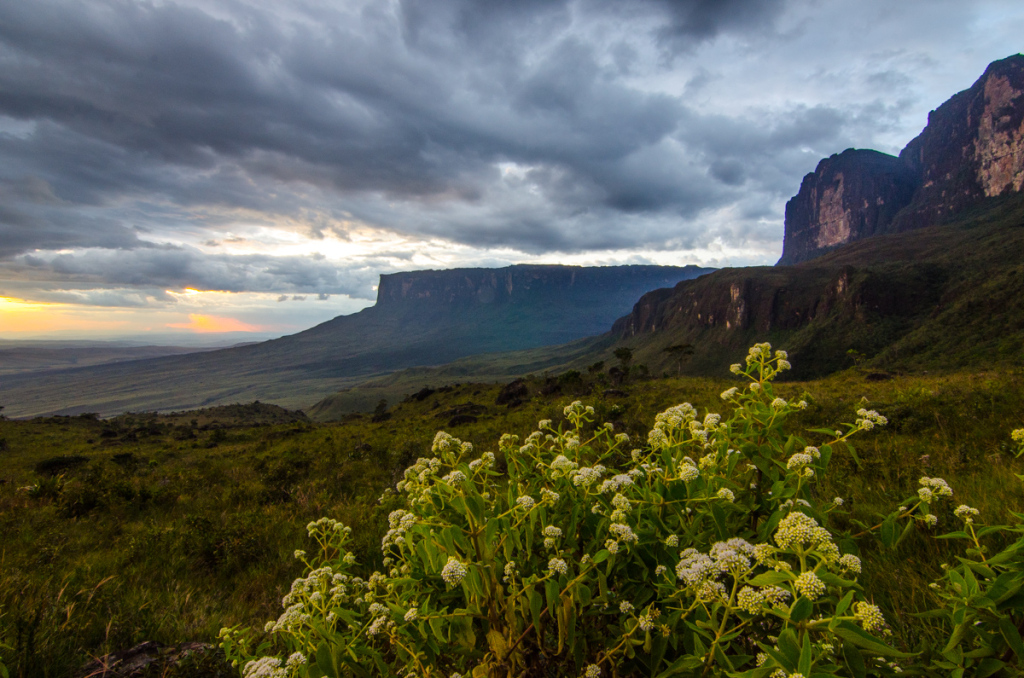
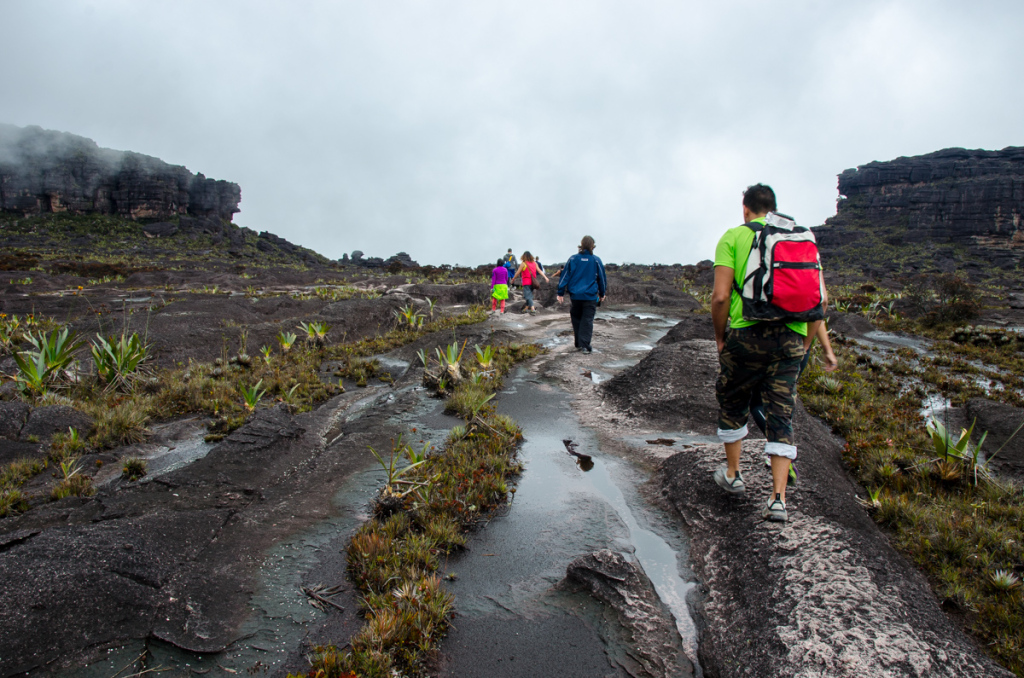
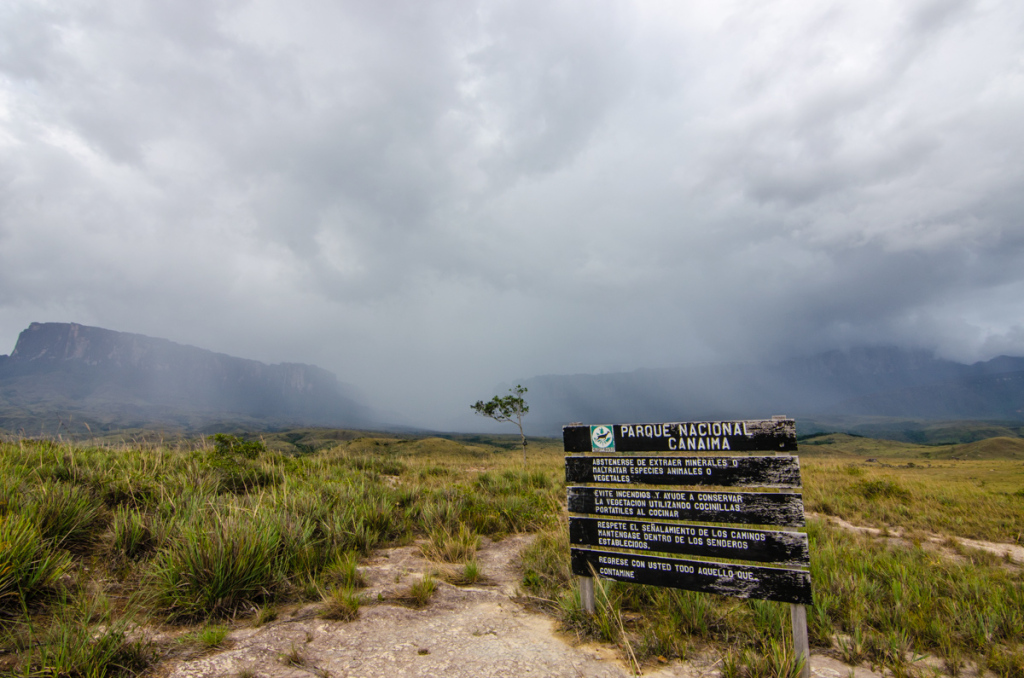
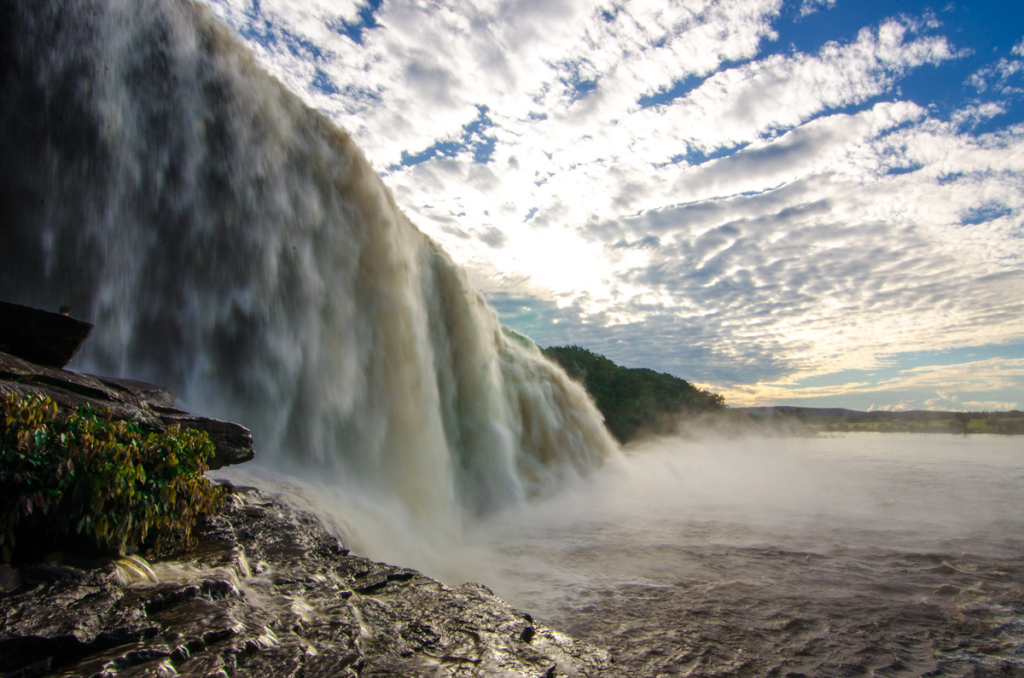
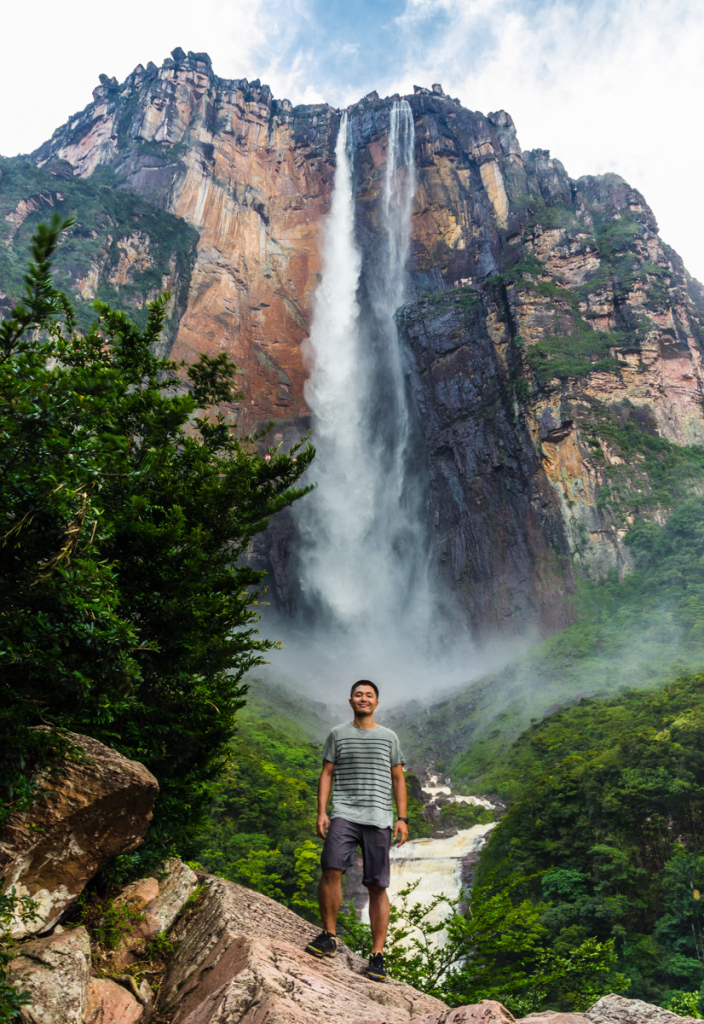
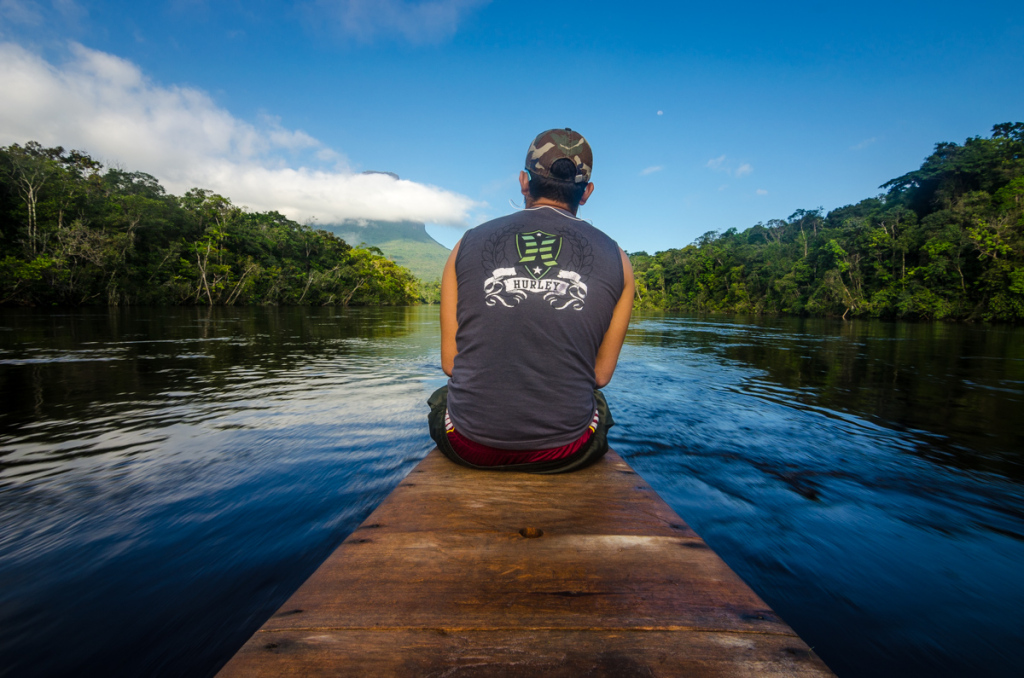
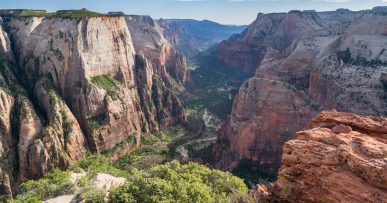
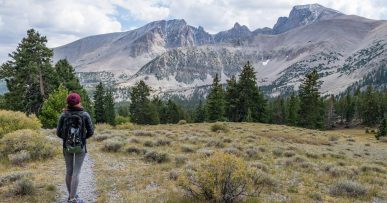

Comments (6)
I am thinking about going to Venezuela, but am still hesitant because of the security situation. I don’t want to be robbed and stuck with no cash.
How did you carry your cash?
Thanks!
Hi David. I carried the US dollars in my moneybelt. The local money, because there were so many bills, I just carried it in my small backpack.
People are very friendly and officials i had to deal with too and it is a very cheap country with exchange rate BUT BUT i stop along side a road for repair and got attack and rob of everythings. That made it my most expensive journey ever and going back by bus to Colombia, a very penible experience. over 30 hours and so cold inside the bus. I don`t know if i will go back. Feeling like a king because of the exchange rate is great but loosing everything is not and beeing always on guard and over carefull is not. Attack at 4 in afternoon, lost not just wallet and money, all luggages too. A tourist in Venezuela is a very good deal for robbers. You have to have money somewhere with you. Every body knows that. Many countries are not safe.Venezuela is dangerous.
I’m sorry to hear about your story mathieu. I keep in touch with locals I met in Venezuela, and they have all told me that the situation is getting worse every day.
I am Venezuelan, from Maracaibo actually. And it is actually really funny to see how people see us. Those hotels that you stayed in are not the best hotels in the city. That’s why they were so filthy and disrespectful. I enjoyed reading your blog about my country. I felt at home, and laughed about the moto taxi. You should’ve used the carrito por puesto. Those are the cheapest. I hoped you had a great time here. Bye!
Thanks for the comment Amanda. Yes, I had a great time in Venezuela and made some good local friends that I still keep in touch with. I hope I showed a somewhat accurate description of your beautiful country.